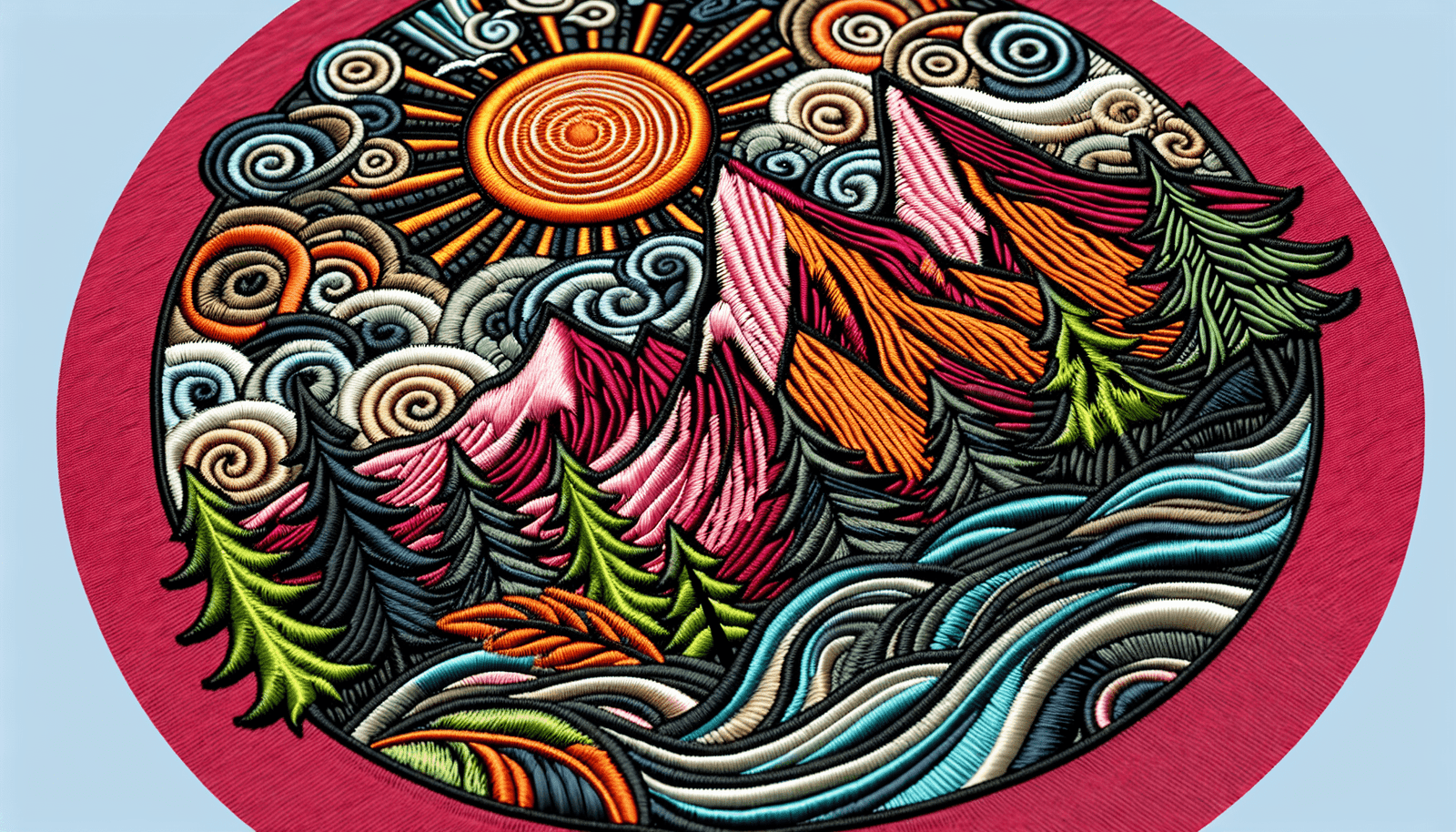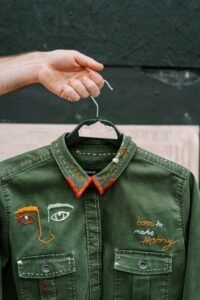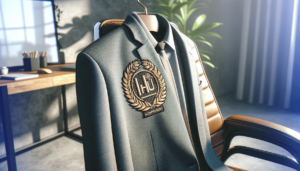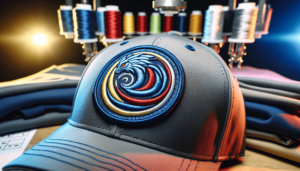The Role Of Embroidery In Creating Custom Apparel For Outdoor Events
Have you ever thought about how the details in custom apparel can enhance an outdoor event? It’s a fascinating subject, especially when you consider the role of embroidery. Whether it’s a sunny music festival or a charity run in the brisk autumn air, the way clothing represents the spirit of an event is incredibly important. Let’s dive into the world of embroidery and see how this artful stitching technique contributes to creating stand-out custom apparel for outdoor occasions.
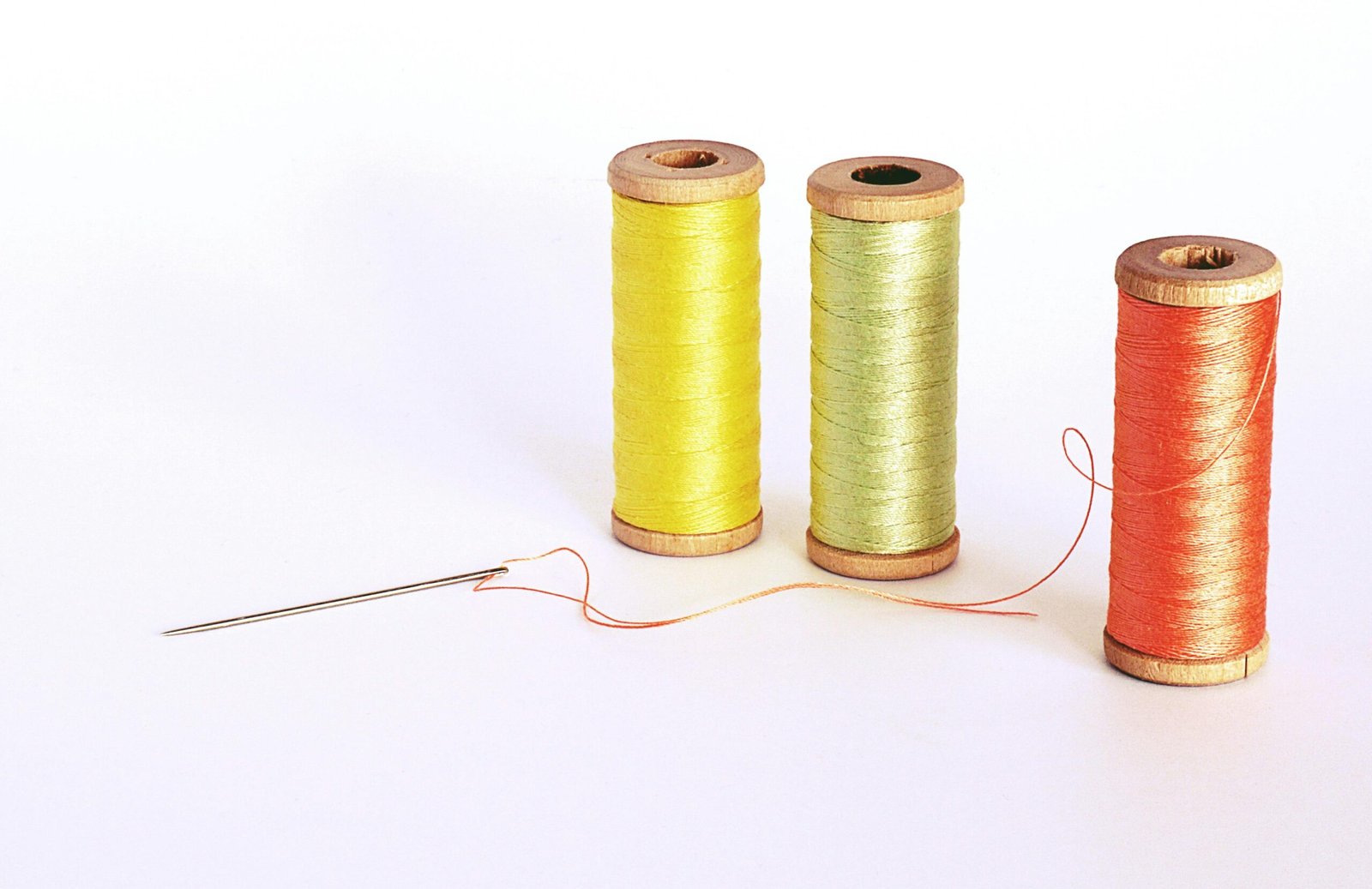
This image is property of images.pexels.com.
Understanding Embroidery
Embroidery is an ancient craft that has evolved with time. While you might associating it with intricate designs on expensive linens, its utility extends much further. With your creativity and the right resources, embroidery becomes a versatile tool in clothing personalization.
What is Embroidery?
Embroidery involves threading designs into fabric, creating three-dimensional art. It’s an age-old craft that’s been revitalized with technology. Machines now operate with precision and speed, allowing you to dream up any logo or design to embroider on apparel. What was once a time-consuming manual craft can now be done efficiently on a larger scale.
Why Choose Embroidery?
Choosing embroidery boils down to durability and aesthetics. Embroidered designs are robust, resisting fading better than printed counterparts. Moreover, embroidery brings texture and elegance, which elevate the visual impact of logos or custom designs. For outdoor events, where attire may face various weather conditions, durability is key.
Embroidery Techniques
The world of embroidery is diverse, with each technique offering different results. Understanding the nuances can help you better tailor designs to fit the nature of your outdoor event.
Standard Embroidery
Standard or flat embroidery uses threads to create flat designs on fabric surfaces. It suits logos perfectly due to its precise, clean lines and vibrant finishes. Events that demand clarity in branding often turn to standard embroidery.
3D Puff Embroidery
Ideal for hats and thicker fabrics, 3D puff embroidery raises designs off the material, giving them a tangible presence. Imagine a logo that not only stands out visually but physically too. It’s perfect for creating memorable, tactile apparel.
Appliqué
Combining embroidery with fabric layering, appliqué involves stitching a design that includes pieces of fabric sewn on top. Ideal for larger areas, appliqué offers more canvas to play with colors, patterns, and textures. This method provides a creative flair suitable for events with themed apparel.
Embroidered Patches
A more flexible option, embroidered patches can be added to various garments and accessories without direct stitching. Patches offer versatility and ease of application, making them helpful for large quantities of custom apparel. Attaching them via heat press or sewing allows for easy updates to apparel.
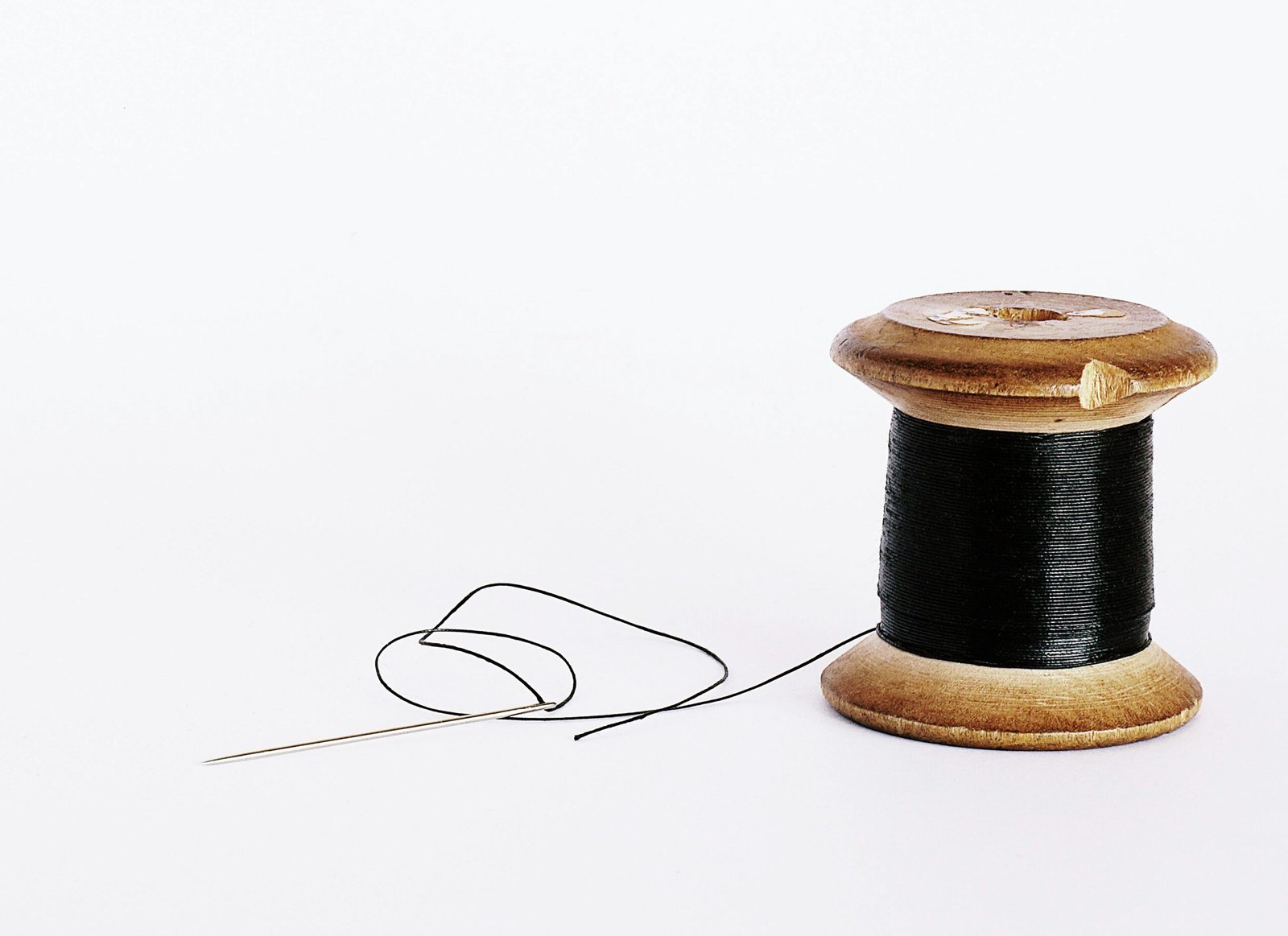
This image is property of images.pexels.com.
Uses of Embroidery in Outdoor Events
When considering custom apparel for an event, embroidery can fit multiple roles, offering much more than just high-quality designs.
Branding Opportunities
Every event is an opportunity for branding, and embroidery takes your brand representation up a notch. Logos embroidered on shirts, hats, or jackets ensure a lifeline of brand exposure. With recurring use, your brand becomes synonymous with the event itself.
Creating Memorable Attire
Embroidery adds a personal touch that transforms an item of clothing into something special. Whether through slogans, artwork, or intricate designs, your event’s personality can be sewn right into the fabric.
Group Identification
Outdoor events often feature teams or groups requiring easy identification. Large-scale events like marathons or charity walks benefit from custom embroidered apparel, where teams wear coordinating designs for easy recognition. This not only assists event organization but also fosters camaraderie among participants.
Choosing the Right Apparel
Selecting appropriate garments is crucial for embroidery. Your choices will determine durability, comfort, and aesthetic appeal, all of which influence the success of the embroidered designs.
Fabric Considerations
Types of Fabric Suitable for Embroidery
Before diving into design, fabric choice must play a central role. Cottons, polyesters, and canvas are excellent for holding embroidery without snagging or distorting under thread’s tension. They’re durable and generally weather-resistant, perfect for outdoor conditions.
| Fabric Type | Benefits | Suitable Event Types |
|---|---|---|
| Cotton | Soft, breathable, and holds fine detail | Summer festivals, charity runs |
| Polyester | Durable, moisture-wicking | Sports events, team outings |
| Canvas | Heavy-duty, perfect for structured items | Outdoor exhibitions, hiking events |
Apparel Styles to Consider
Different events demand different apparel types. T-shirts, tanks, hats, and jackets are just a few examples where embroideries shine—each serving distinct purposes. Your choice might center around the expected weather, event duration, or the activity levels of participants.
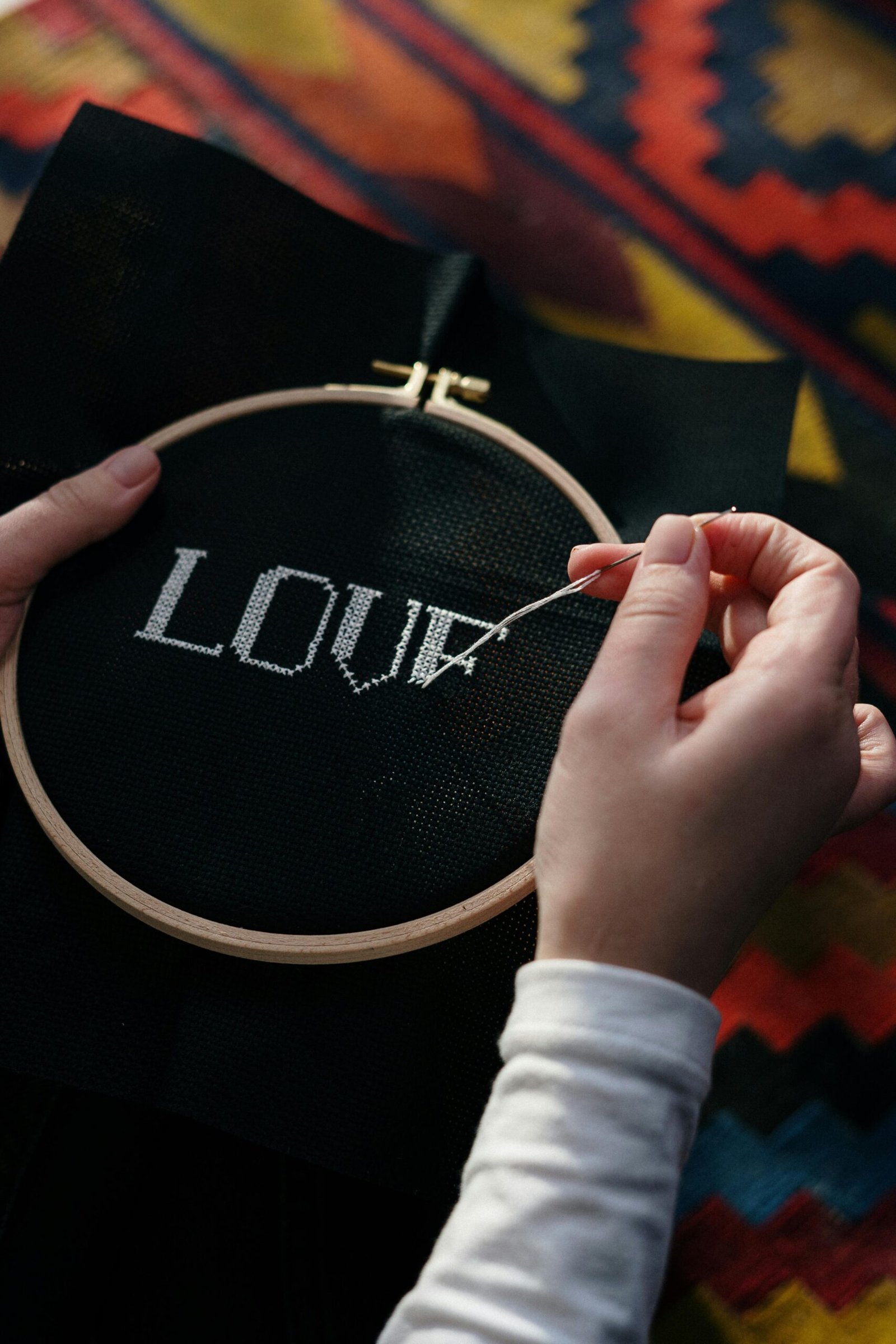
This image is property of images.pexels.com.
Designing for Outdoor Events
When it comes to embroidery, every stitch counts. Designing with precision not only ensures aesthetic appeal but functionality too.
Consider the Placement
placement of embroidery significantly impacts visibility and wearability. Common areas like chest, back, or sleeves may serve best, but different placements can offer unique aesthetics when done with foresight.
Color Matching
Color is a powerful tool for ensuring your embroidery stands out. Consider your event’s theme, the base fabric color, and thread choice carefully. Colors should not just match the branding, but also suit the environment of the event. Subtle hues may work well in daylight events, whereas vibrant tones may pop at dusk or nighttime events.
Practical Tips for Success
You’re now ready to get your hands on the designs, but there are practical considerations to keep in check to ensure the result is as splendid as envisioned.
Collaborate with Professionals
While DIY projects have their charm, working with embroidery professionals can save you time and guarantee quality. They bring expertise in design, machinery, and materials, which reduces risks of failure and ensures that your creative vision becomes a reality.
Budgeting and Cost-Effectiveness
Embroidery, while generally cost-effective for large orders, can burden budgets unnecessarily if not planned. It’s wise to outline costs clearly and seek multiple quotes to understand where savings may be found without sacrificing quality.
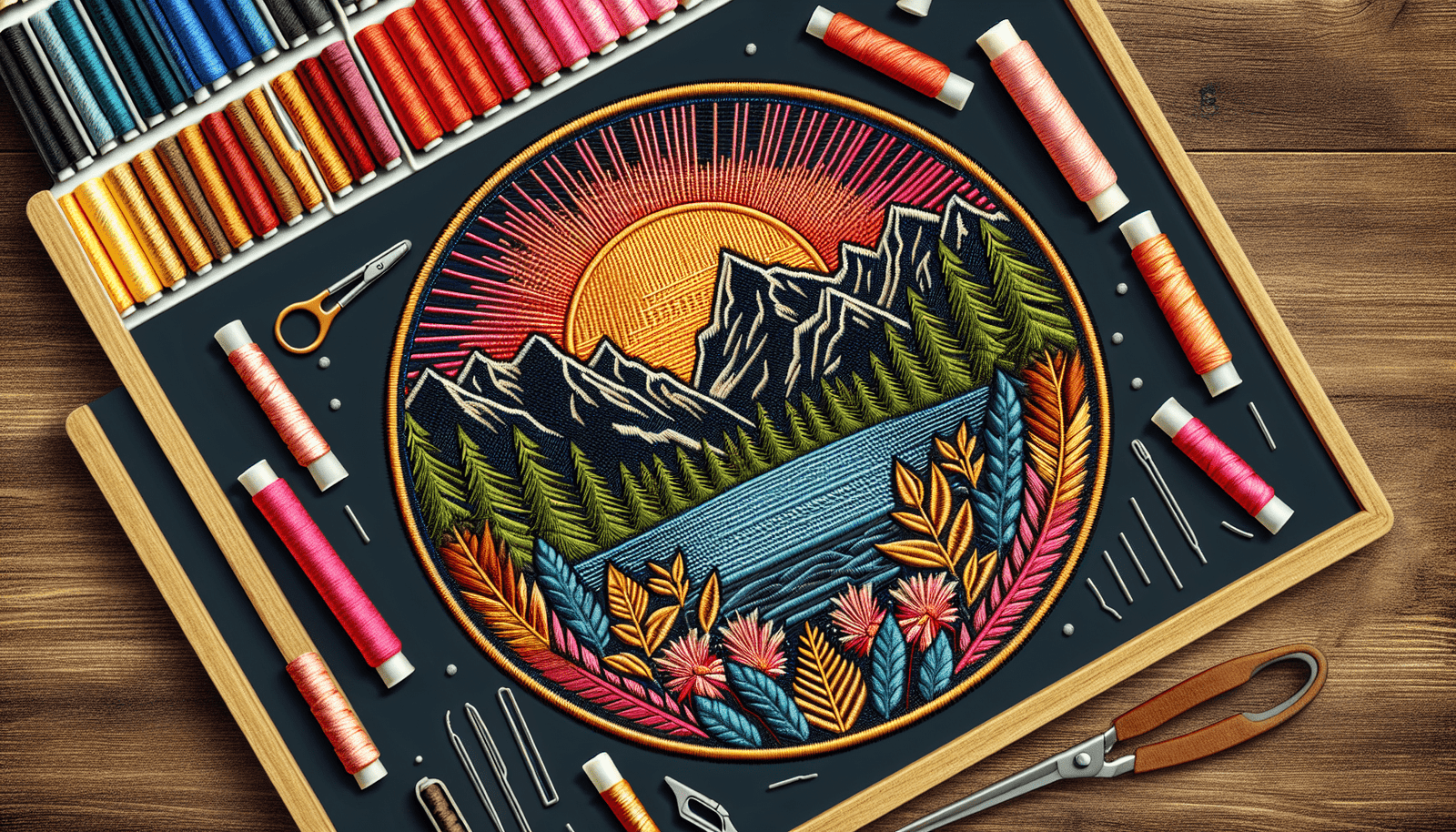
The Environmental Impact
As we become more conscious of the environment, it’s wise to consider the footprint of the apparel you’re creating. Embroidery aligns align well with sustainable practices, especially when choosing eco-friendly fabrics and threads.
Sustainable Choices
Opt for organic fabrics and biodegradable threads where possible. These materials reduce the environmental footprint of your custom apparel and match well with eco-conscious event themes.
Responsible Production
Source embroiderers who commit to responsible production practices. This means not only fair labor but minimal waste in the embroidery process. Techniques that use electronic embroidery machines powered by renewable sources or low-energy solutions can help in minimizing environmental impact.
Conclusion
Embroidery is more than just a stitched design; it’s an art form that transforms basic apparel into an emblem of an event’s essence. It provides durability, style, and a dose of personality to your custom pieces. From branding to group identification, the role of embroidery is versatile and indispensable in making outdoor events not just memorable, but truly special. As you venture into the world of custom apparel, remember the power of each thread in creating connections through creativity and precision.
